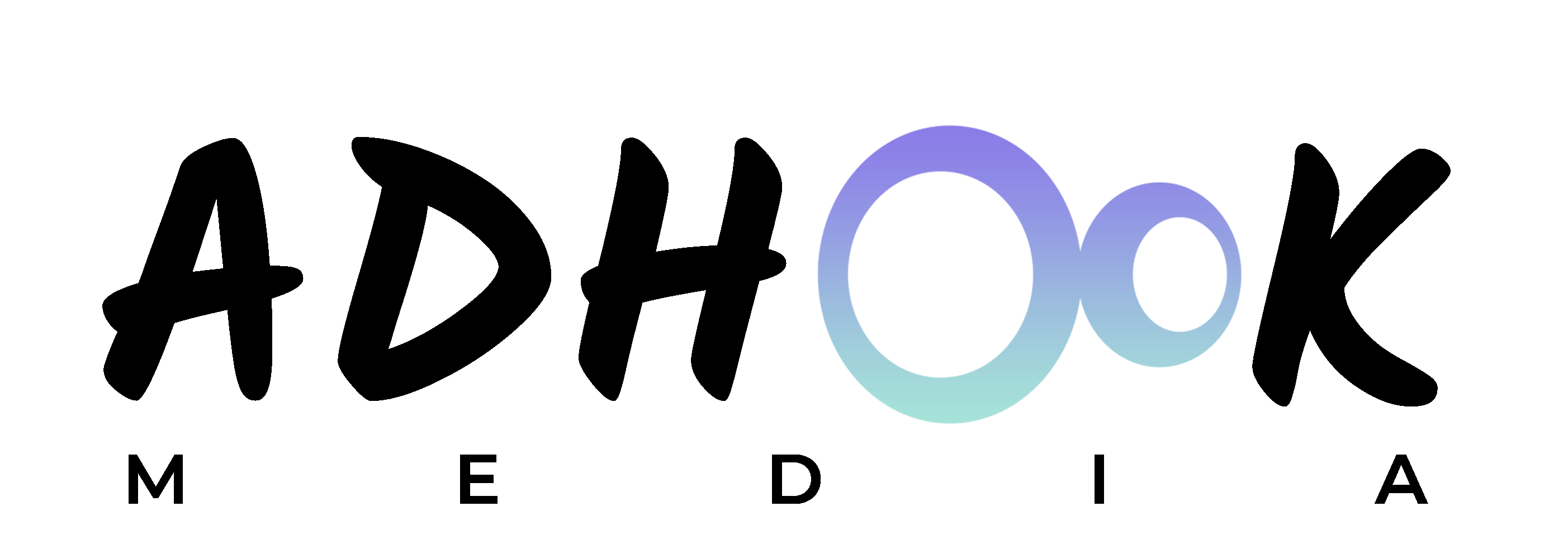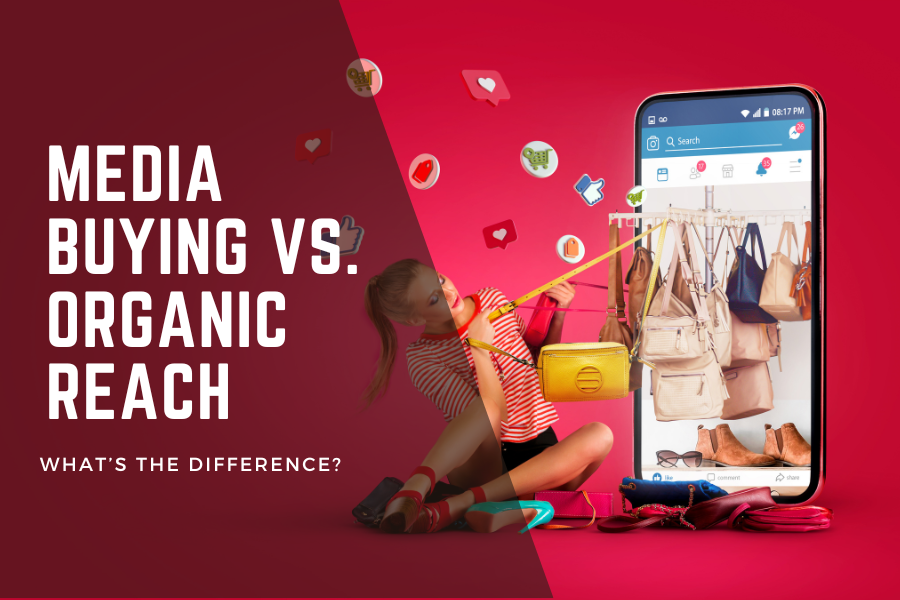What is the Difference between Media Buying Vs. Organic Reach
Digital marketing today is indispensable, inevitable and omnipresent. It is the sutra or the thread that connects businesses with profits. It is difficult to imagine a world without digital media, any business today is only capable technically of surviving with the use of digital media. It is imperative for for everyone, including individuals, companies, startups and organisations to find a way to reach out to customers, audiences and buyers.
In this race to find one’s customer base and maintain a steady stream of loyal customers and profits, the role of media becomes critical. From bringing new business to sustaining it to expanding it, everything is connected to how well your digital media campaigns are, and how well you are leveraging the power of digital media.
Being accessible, having a reputation and maintaining a good customer base while expanding it is the gist of what digital media can do for you. There are two primary ways by which you can increase and maintain your reach on the web for your business.
- Media Buying
- Organic Reach
Let us understand what are the key differences between them and how they work in order to bring the best results for your company.
Media Buying
Media buying means purchasing advertising space to promote your business through content. This space is available on various platforms like social media, search engines, websites and traditional media.
Paid advertising helps in reaching a targeted audience. The ones who are already looking for a service related to the service or product you provide will be reached through data-driven digital media campaigns. This ensures that spending is less, narrow and a more accurate customer base is reached. Data-driven digital marketing involves analysing customer preferences, interests, demographics and behaviours.
There are many advantages of paid advertising like immediate results and scope of scalability, a higher return on investment and controls. Let us explore them in some detail.
Paid media campaigns can churn out quicker results since advertisements are immediately visible to the target audience once they are published. By constantly monitoring their performance in terms of leads, conversions and click-through rates, one can keep working on them and improve their performance while they are still functional. This opens up a lot more scope for scalability. Since you are working with an active ad, you get a lot of manoeuvrability.
Secondly, you get a have a higher return on investment. All ads are targeted, controlled and constantly monitored, ensuring that you don’t have to spend any more than the minimum required amount. For those who love cost-cutting, paid media marketing is the best choice for you.
Moving to Organic Reach
Organic reach is one by which you share content, like, comment and thereof spread the word. The number of people who look at your content depends on word of mouth and the expansion of visitors.
- The key characteristics of organic reach:
- They are unpaid and hence cost zero money.
- It relies on user interaction and content quality to widen its reach.
- Builds trust and loyalty over time rather than on an immediate basis.
- High-quality, relevant content is essential for success.
- This is influenced by platform algorithms like that of FB, Insta and Google.
It is now known that a balanced mix of both leads to better performance and higher overall reach and conversions. One must leverage the power of paid media in order to fuel one’s business and turn it into a profit-churning entity.
Before we sign off, we would like to point out a few disadvantages of both
Paid media:
- It requires a budget.
- It can be costly for small companies.
- Ads might be ignored or blocked by users.
Organic Reach:
- Slower growth compared to paid media.
- Less control over who sees the content.
- Dependent on platform algorithms which are susceptible to change.
In conclusion, we have both forms of digital media which work well in their own ways. Which one to choose and which not to is one personal choice. What combination of both will work depends on the entity’s unique requirements. It is therefore recommended to take a deep look and assess one’s needs to know how the media campaign may be designed for your specific business.

